Christchurch City Council is doing all it can to avoid an estimated $63 million bill to fluoridate the city’s water.
Christchurch City Council says fluoridation should be treated as a health issue and funded by the Ministry of Health.
Photo: Michael Heim/ 123rf
The Ministry of Health has set its sights on fluoridating 100 percent of public water sources, with the first 14 councils directed to fluoridate last month.
Ōtautahi’s bill is eye-wateringly high because it would have to fluoridate 50 water sources – more than any other council.
Councillors have already voted not to pay a cent towards the large price tag, and are investigating if they can avoid water fluoridation altogether.
Te Whatu Ora Waitaha dental public health specialist Martin Lee said the council has shrugged off water fluoridation for at least 20 years.
“The Christchurch City Council has been very difficult to engage with. We have never, for example, managed to engage with the mayor over the past two decades,” he said.
A few councillors have reminisced taking fluoride tablets when they were a child and wondered if this could be an alternative solution.
But Christchurch dentist and Dental Association Canterbury president John Malcolm said the tablets were no longer recommended for public use.

Dental Association Canterbury president John Malcolm
Photo: Supplied / Ilam Dental
“It’s very easy to ingest too much fluoride in a single dose of a tablet. And particularly, if we’re looking at the kind of children’s end of the population, there are risks if they have too much. [The tablets] can end up damaging teeth because there’s an optimal concentration of fluoride.”
Te Whatu Ora Waitaha had also investigated putting fluoride in milk, Lee said.
“The problem with things like fluoridated milk is that they tend to be a child-only approach. One of the issues with water fluoridation that escapes most people is that it benefits the entire population … at least the entire population that’s got teeth,” he said.
When fluoridation first began, up to two-thirds of the adult population (those aged over 21) had dentures, so the move was seen to primarily benefit children. But that was no longer the case, Lee added.
People in the Canterbury region got about 166,000 cavities per year, he said, with each costing $100 or more to treat.
He believed if other councils were funding fluoridation themselves, then Christchurch should too.
“I’m unsure why the Christchurch City Council thinks it should get off scot-free and deny the public of Christchurch this really important public health benefit.”
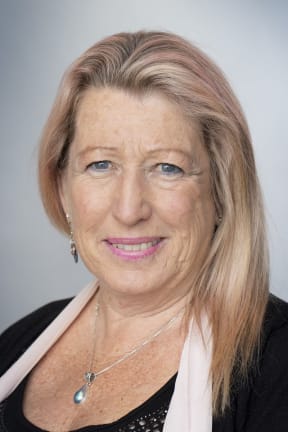
Christchurch City councillor Pauline Cotter
Photo: Supplied / Christchurch City Council
It was a different story for Christchurch City councillor Pauline Cotter.
“Firstly, [the councillors] unanimously agreed that this is actually a health issue. So it’s not a city council issue, it’s a health issue, therefore the Ministry [of Health] should fund it.
“And secondly, Christchurch, we’re quite different and special – I like to say we’re special – because we’ve got a multitude of wells and therefore it’s going to be very, very expensive,” she said.
And the council might just get its way.
Ministry of Health Oral Health national clinical director Dr Riana Clarke agreed central government was better equipped to make the switch.
“Fluoridation is a health issue and local authorities don’t have the expertise, they don’t have people with the medical qualifications to look at all the evidence and to support them in such a move,” she noted.
Unless there is a utopian scenario where everyone has perfect teeth despite drinking fluoride-free water, then it is likely all councils will be directed to fluoridate at some point in the future, Clarke said.
The $11.3m set aside by the Ministry of Health for the first 14 councils will cover all their total establishment costs, she confirmed.
But no further specific funding had been determined at this stage.
Malcolm believed Christchurch’s water needed to be fluoridated urgently, regardless of who pays, as more and more children waited for dental care.
“I’d really like to see progress on this. It’s such a great intervention in terms of how it minimises inequalities both in ethnicity and socio-economic status. And so it ends up being the most vulnerable people in our community who stand to benefit the most from this.”










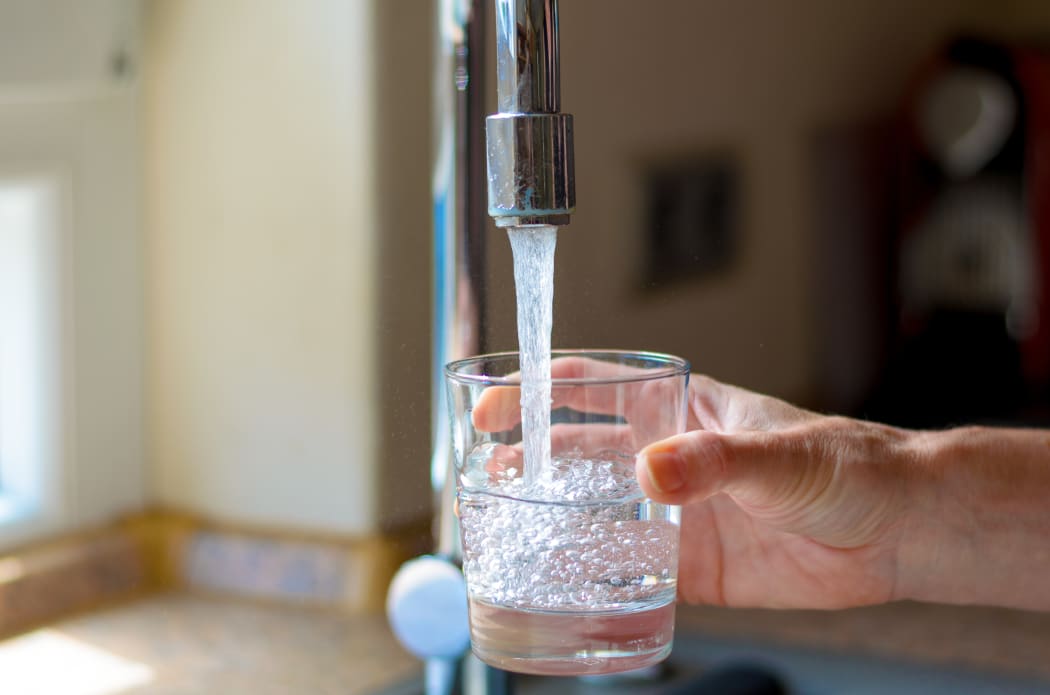
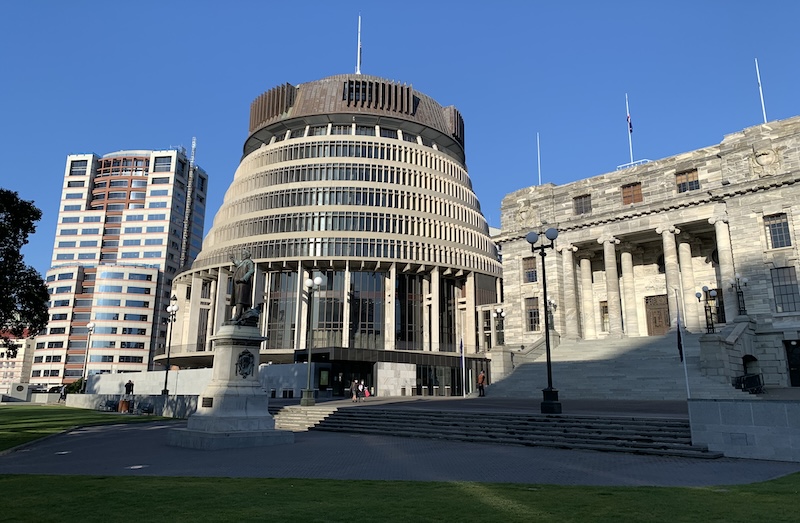

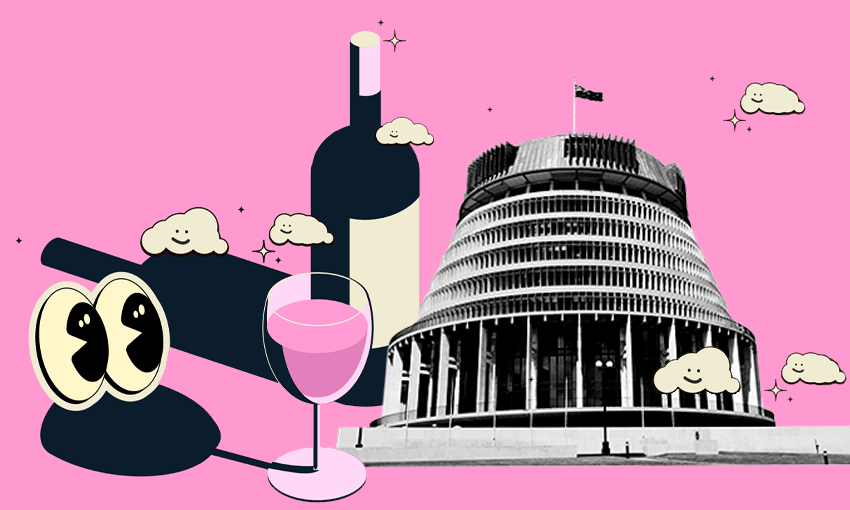


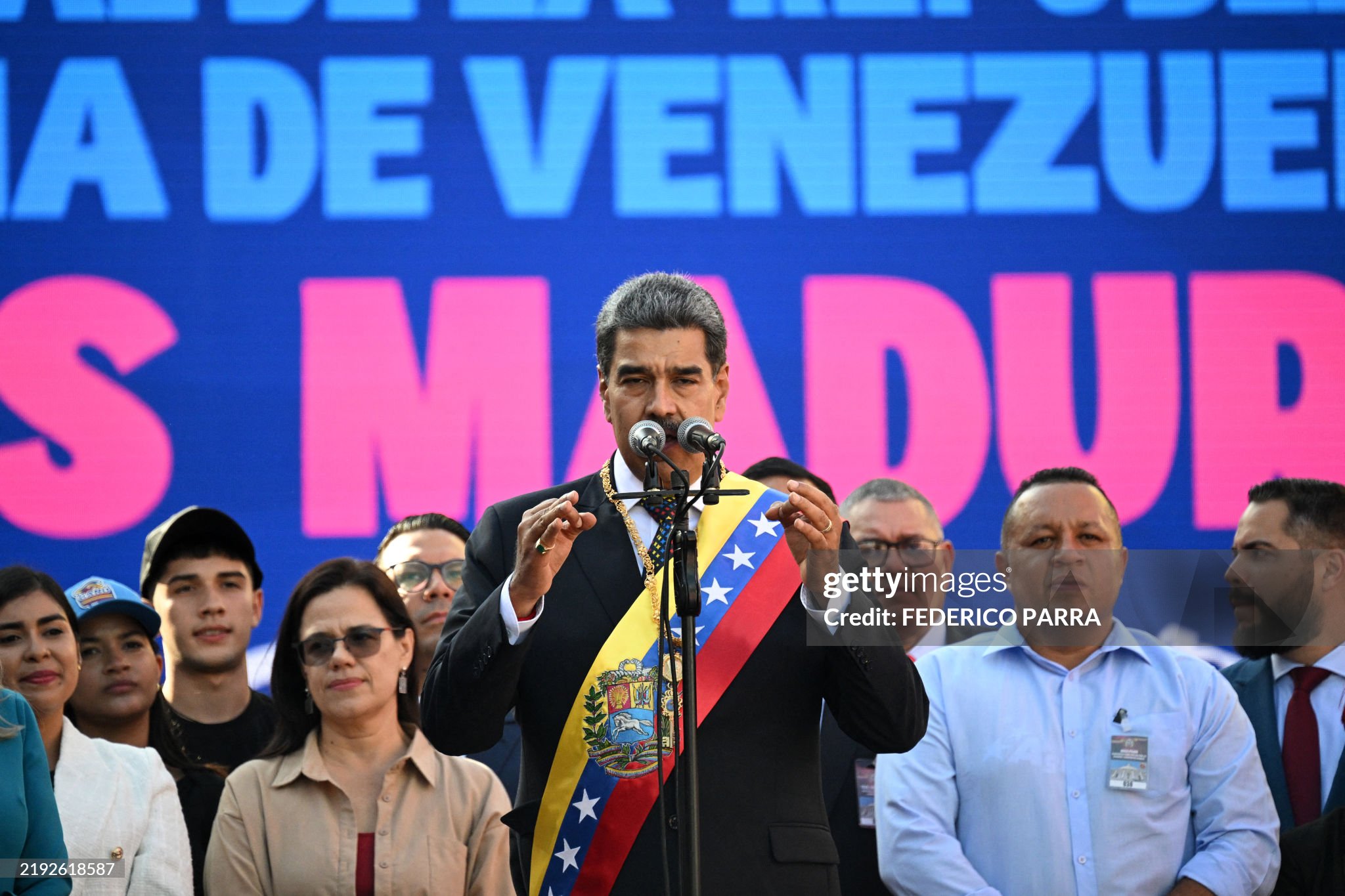




Discussion about this post